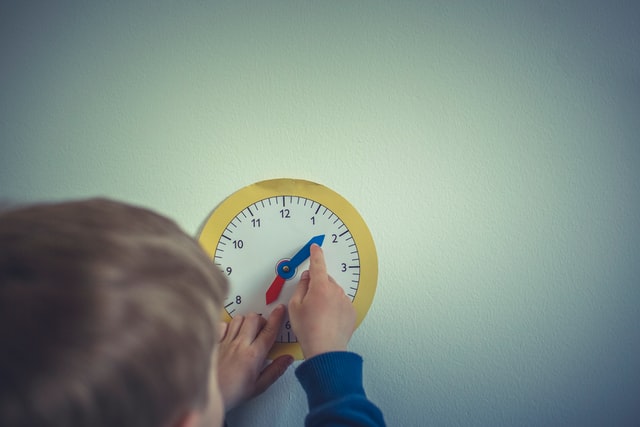Fathers play a crucial role in a child’s development. They uniquely contribute to the child’s learning, confidence, and overall emotional and physical well-being.
Yet parenting research often overlooks fathers. This is mainly because fathers have traditionally been seen as the primary provider while mothers are seen as the primary caregiver. But that’s changing.
As more women enter the workforce and more men work from home, the traditional boundaries between parent responsibilities are blurring.
Besides, children are highly impressionable. So whether fathers are at home or not, they leave a deep impact on their children for better or worse.
The Unique Influence of Fathers
Fathers who are actively engaged in their children’s lives have a huge influence. This is different from just being present. It means spending quality time with your kids, whether that’s reading a bedtime story or attending a soccer game.
The earlier a dad gets involved in their child’s life, the better. Even during pregnancy, fathers can attend the mother’s doctor appointments and provide emotional support. That way, the father prepares himself for being an involved parent early on.
During infancy, a child may not remember their father from one minute to the next. But if the father regularly plays with them and responds to their cries by changing diapers and holding them, the child will learn to develop important trust in him.
Fathers also help boost children’s language and communication skills. Once they begin to talk, fathers can introduce them to new words they wouldn’t hear otherwise. This boosts their overall IQ and cognitive skills and helps them later on in school.
Fathers teach their kids risk-taking and problem-solving skills. Energetic fathers who wrestle and roughhouse with their kids show how to be resilient and adapt to different situations. This makes kids more confident as they grow older and face new challenges.
Finally, fathers are an important role model. Fathers can demonstrate how to work hard and how to be in a healthy relationship with another person. Through their example, kids can learn to regulate and control their emotions and develop self-esteem.
The Impact of Absent Fathers
Just like engaged fathers can have an incredibly positive impact on children, absent or disengaged fathers can have a very negative impact.
Several things can lead to a father’s absence, including death, divorce, and incarceration. Each should be avoided when possible by trying to keep a marriage together, for example, or having a criminal defense that prevents jail time. This is because a child’s separation from their father can have devastating effects.
First of all, if the father is the main provider, the child may suffer from a lack of basic essentials. Providing for a child’s physical needs goes a long way. Financial security eliminates a lot of stress and unnecessary economic disadvantage.
An absent father can also lead to feelings of abandonment and low self-esteem. Without the encouragement and support of a father, a child may lack enough emotional security to act confidently.
Inevitably, such feelings encourage various behavioral problems. If the child doesn’t get needed fatherly attention, they might eventually turn to bad influences for a sense of belonging and identity. For example, they might experiment with drugs, alcohol, or crime. Studies even show that absent fathers correlate with increased aggression in children. Needless to say, such behaviors lead to poor academic performance and truancy, which can stunt a child’s future.
Fatherless children also tend to experiment more with sex, which can lead to increased promiscuity and teen pregnancy. For example, daughters who have absent or disengaged fathers may learn not to expect much from other men and settle for casual flings instead of committed relationships. They’ll suffer from what is often termed “daddy issues.” Fatherless children are also much more likely to be sexually abused, which can create permanent psychological and emotional scarring.
Final Tips for Fathers
Ultimately, the importance of an encouraging father cannot be understated. Divorce and incarceration only exasperate the emotional toll that children suffer by not having a father around. Though separation cannot always be avoided, it should be whenever possible.
But the key to being a good father isn’t only being present. At the end of the day, it’s spending quality time with them that they’ll always remember and cherish.
For some actionable tips on what you can do to be a better father, consider the following ideas:
- Attend a school or extra-curricular event. Making time for your child shows them that you care and that they are a priority in your life.
- Be on the same page with their mother. Speak positively about her and to her. This shows the child that you respect their mom and teaches them to be respectful as well.
- Have regular one-on-one time with your kid. Let them learn about you, your childhood, your past mistakes and struggles. This will help them connect with you on a more real and intimate level.
- Keep a warm demeanor. If you tend to be distant and cold with your family, they may learn to dislike and even resent you.
- Ask for help. Parenting can be hard. Every child is different and may require a different approach. So get advice from friends and family and be open to change.
Whatever you do, never underestimate the positive influence of a father. You may not know what impact you’re having, but the more effort you put into it, the better off your kids will be.




